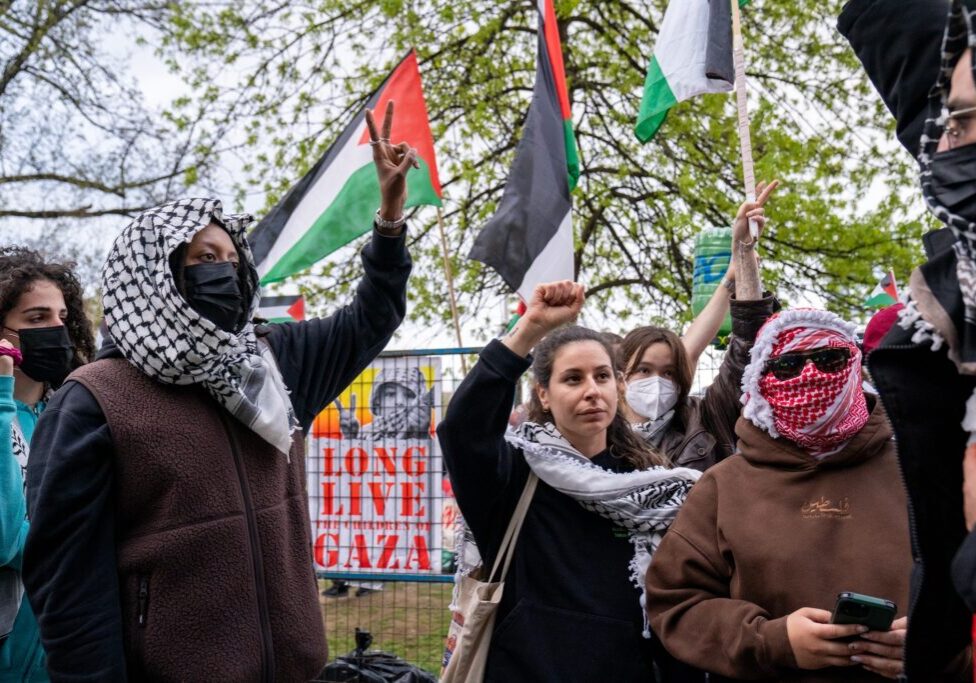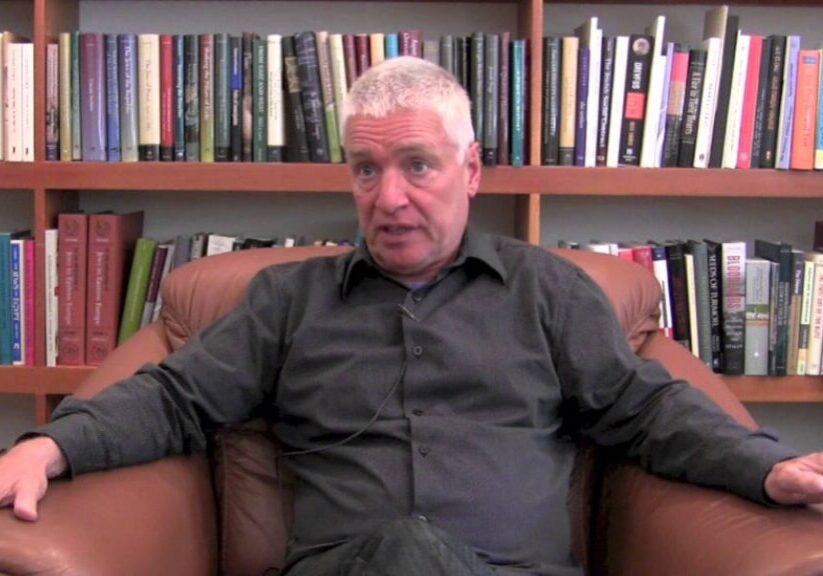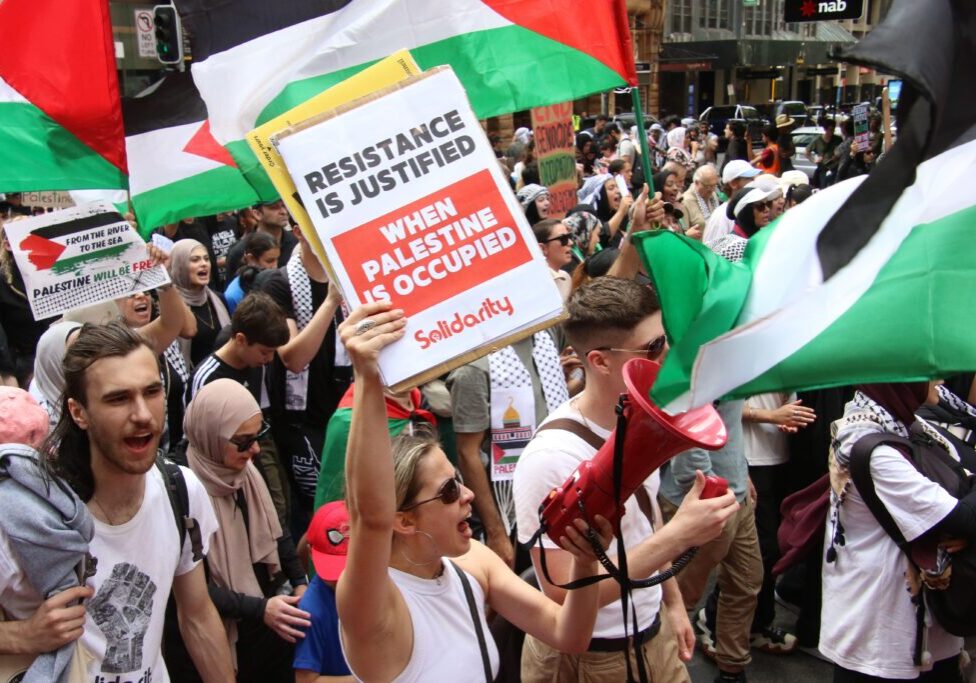Australia/Israel Review
The Last Word: Everyone’s Problem
Mar 20, 2008 | Jeremy Jones
Jeremy Jones
Petra Pau, a parliamentarian from Germany’s Left Party, was one of many presenters who made the 2008 Global Forum for Combating Antisemitism an important, unique event.
Coming straight to the point, she spoke of the importance of democracies confronting intolerance while noting that “unlike other racisms” anti-Jewish bigotry comes from the political left and Islamists “as well as the right”.
John Mann MP, who last year reported on the UK Parliamentary Inquiry into Antisemitism, gave a forceful presentation on the need for the state to take responsibility for the security of all its citizens, which included standing up against antisemitism.
The participation of members of parliament from West, Central and Eastern Europe, Canada and Israel, as well as senior bureaucrats and academics, was a central feature of the Jerusalem forum, which also included far more Jewish participants than in previous years.
Certain issues and themes recurred throughout various sessions. One was the continuing, seemingly relentless, incidents of assault, vandalism, threats and harassment of Jewish individuals and communities, which have many sources. Also, the varying levels of success which governments and Jewish communities have had in controlling this problem and having perpetrators punished.
Considerable attention was also paid to the influence of obscene and horrendous anti-Jewish material from Islamic sources, including but by no means restricted to Iran, on Muslim communities living alongside Jewish communities.
The causes of the seductive power of anti-Jewish theories and images on significant sections of Left Liberal elites in many Western countries, including academics, were considered and debated.
The spectre of a review conference of the Durban World Conference Against Racism haunted many sessions, given the way antisemitism was tolerated and even promoted at the 2001 NGO forum and inter-governmental meeting. The Canadian government had already pulled out of the process by the time our conference commenced, and there was a great deal of discussion as to what other governments, and anti-racist NGOs, should be doing to ensure that any Durban review is not a repeat – or an even worse sequel – of 2001.
During a spirited interchange on “Antisemitism in the Guise of Anti-Zionism: Defining the Borders of Legitimate Criticism”, lawyer, writer and academic Anthony Julius spoke of the importance of exposing “the vacuity” of anti-Zionism and the dishonesty of promoters of theories of Jewish “control” of the US. He also submitted that it was wrong to label those Jews who promote the sort of anti-Zionism which had became an anachronism after the Shoah and the re-establishment of Israel as “self-hating.” Arguing that self-love was not something they had in short supply, he preferred to call them “self-infatuated Jews”.
The need to tackle conspiracy theories head on, despite the difficulty in engaging with arguments based on “unseen”, “all-powerful” mystical forces, was also promoted by a number of speakers. One reason, amongst a number, is that so much of Islamism, not just its promotion of antisemitism, is sourced in a conspiratorial world view in which Jews are at the epicentre of evil.
Presentations on contemporary challenges were punctuated with papers which placed today’s manifestations of antisemitism in historical context – including Dr. Matthias Kuentzel’s revealing new research into the relationship of Nazism with important streams of modern Middle Eastern antisemitism and Prof. Martin Gilbert’s paper reminding us of the antisemitism which infected some of the key players in modern history.
The collaborations which developed at the meeting; the exchange of ideas on best practices in dealing with racism; the acknowledgement that “the breaking point” had been or was being reached by anti-Israel polemicists; and the establishment of an ongoing campaign of prominent individuals to fight the evil of antisemitism were amongst the many positives to emerge from the forum.
Most importantly, the forum affirmed that antisemitism is a problem which goes well beyond its perpetrators and its victims, and that there is a growing band of decent and principled individuals willing to be involved in the struggle against it.
Tags: Anti-Zionism






